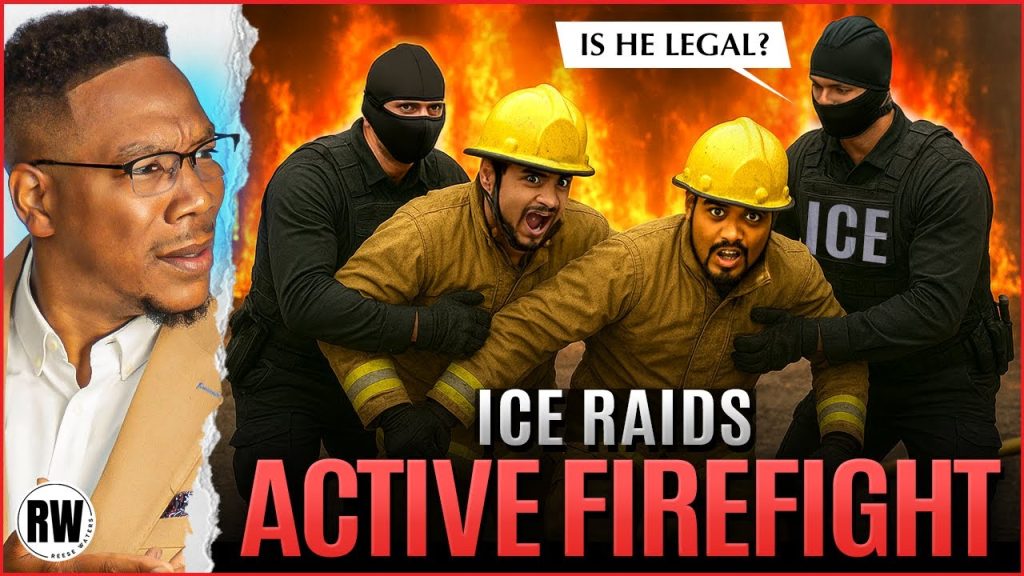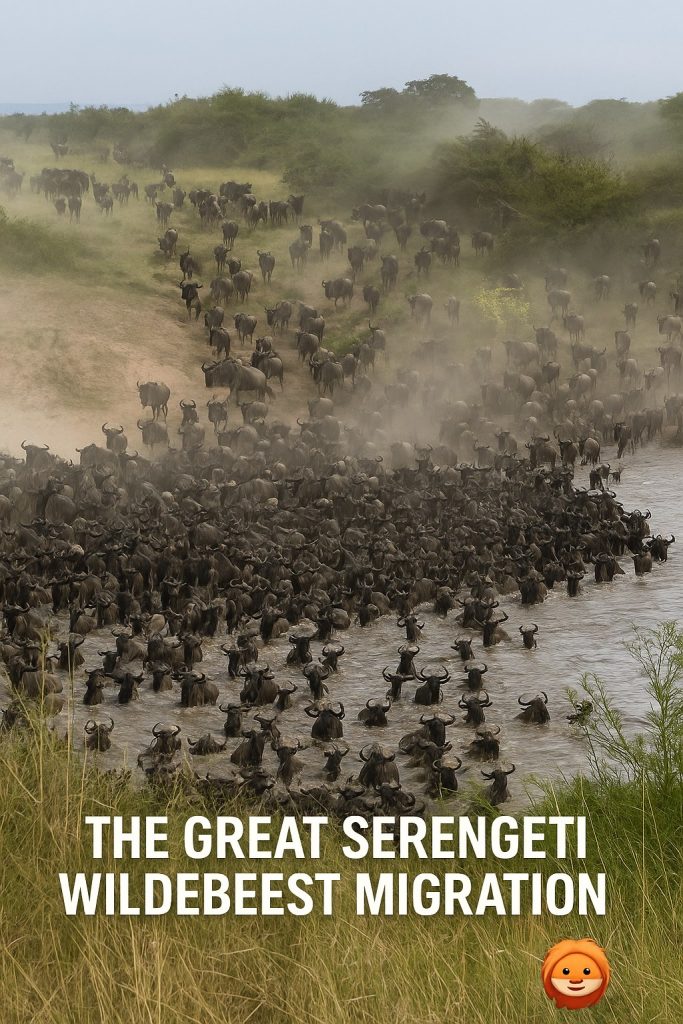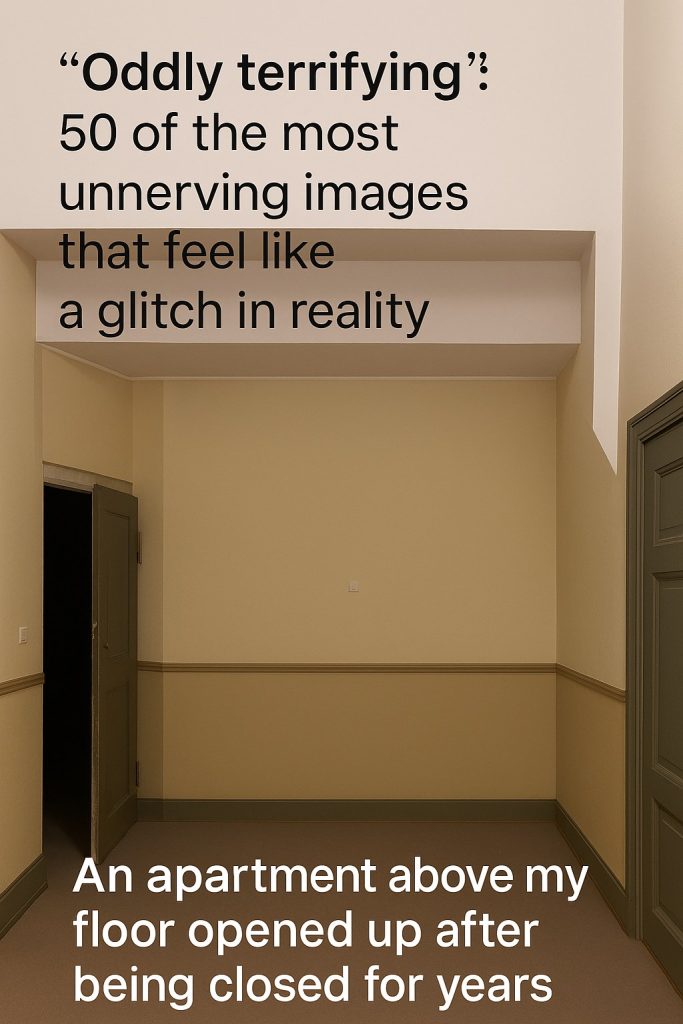The Bear Gulch wildfire has sparked intense discussions not only about the immediate threat to communities but also about the complex implications of immigration policies affecting the firefighting workforce. In a recent political commentary video titled “Ice Raids Shrink Manpower as Bear Gulch Wildfire Rages,” Reese Waters dives deep into the intersecting crises of natural disaster response and immigration enforcement.
As the wildfire continues to devastate the region, speakers in the video express concern over the dwindling number of available firefighters due to increased Immigration and Customs Enforcement (ICE) activities. Waters highlights a troubling incident where a firefighter was arrested by U.S. border agents, raising questions about the ability of immigrant firefighters, who often make up a significant part of the firefighting personnel, to respond effectively during emergencies.
In the video, Waters emphasizes the vital role that immigrant workers play in firefighting efforts. One of the poignant moments involves a sarcastic exchange about the distractions created by misunderstandings surrounding the work of these firefighters. A listener’s dismissive commentary about the firefighters cutting logs for “Lincoln logs” reflects a broader societal tendency to trivialize the hard labor that these workers undertake. Waters argues passionately that these individuals are integral to the fight against wildfires and deserve recognition and support, particularly in moments of crisis.
The discussion is underlined by a broader critique of government policies that, while perhaps well-intentioned, can have devastating consequences for local communities during disasters. Waters suggests that the decisions to enforce immigration laws, especially in the midst of a wildfire emergency, amount to a misallocation of resources that compounds the danger posed by the fires themselves.
The emotional tone escalates as Waters outlines what he describes as “levels of evil” in decision-making processes. He posits that policymakers who prioritize punitive measures against immigrant workers, even when it explicitly harms their own communities, engage in a form of self-destructive governance. Waters frames this as not just a political failure, but a moral one, emphasizing the imperative need for humane and sensible immigration policies that allow immigrant firefighters to continue their crucial work without fear of reprisal.
This narrative becomes even more alarming considering the sheer volume of wildfires currently raging across the American West. Statistics released earlier this year indicated a dramatic increase in the frequency and severity of wildfires, with many experts attributing these trends to climate change. The urgency of having a fully staffed and supported firefighting crew cannot be overstated, as lives and livelihoods hang in the balance.
Waters’ poignant remarks resonate with the anxiety and urgency many communities feel as natural disasters become more common, and as issues surrounding immigration policy implicit in these discussions grow more complex. The implication that the very individuals who bravely combat flames and protect lives could be unfairly apprehended serves as a stark reminder of the broader societal challenges at stake.
As the Bear Gulch wildfire rages on, and with the specter of immigration enforcement weighing heavily on emergency services, the call for comprehensive policy reform becomes clear. The video serves as both a rallying cry and a sobering assessment of how overlapping crises can reveal deep-seated issues within the governance of public safety and humanitarian considerations. In moments of extreme need, the focus must turn to collaboration and support for all who serve in the safety of their communities.



